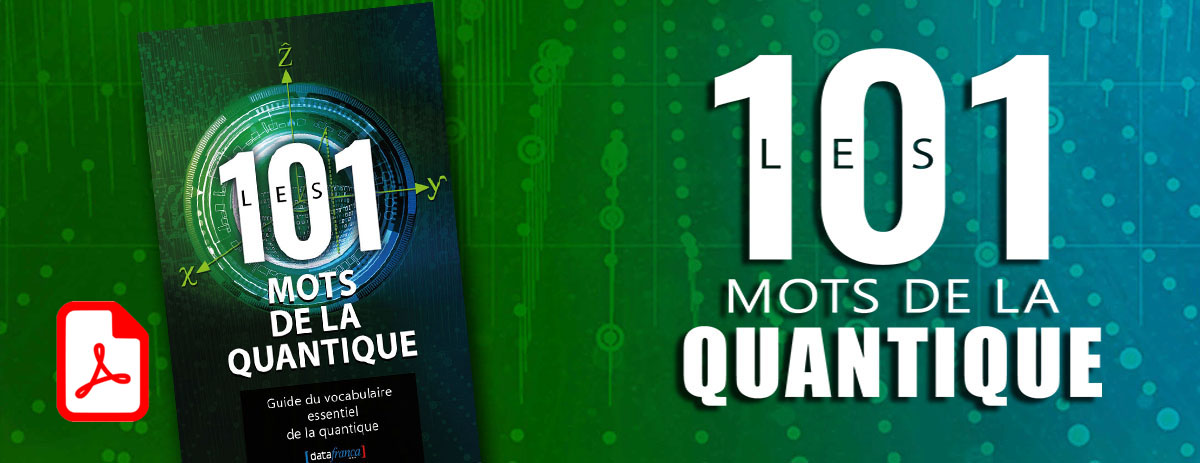« Réseau récurrent à portes » : différence entre les versions
(Page créée avec « == Domaine == catégorie:Démo Catégorie Démo == Définition == == Termes privilégiés == == Anglais == ») |
Aucun résumé des modifications |
||
| Ligne 2 : | Ligne 2 : | ||
[[catégorie:Démo]] Catégorie Démo | [[catégorie:Démo]] Catégorie Démo | ||
[[Catégorie:Apprentissage profond]] Apprentissage profond | |||
== Définition == | == Définition == | ||
| Ligne 15 : | Ligne 15 : | ||
== Anglais == | == Anglais == | ||
'''GRU''' | |||
The Gated Recurrent Unit is a simplified version of an LSTM unit with fewer parameters. Just like an LSTM cell, it uses a gating mechanism to allow RNNs to efficiently learn long-range dependency by preventing the vanishing gradient problem. The GRU consists of a reset and update gate that determine which part of the old memory to keep vs. update with new values at the current time step. | |||
• Learning Phrase Representations using RNN Encoder-Decoder for Statistical Machine Translation | |||
• Recurrent Neural Network Tutorial, Part 4 – Implementing a GRU/LSTM RNN with Python and Theano | |||
Version du 26 février 2018 à 19:34
Domaine
Catégorie Démo Apprentissage profond
Définition
Termes privilégiés
Anglais
GRU
The Gated Recurrent Unit is a simplified version of an LSTM unit with fewer parameters. Just like an LSTM cell, it uses a gating mechanism to allow RNNs to efficiently learn long-range dependency by preventing the vanishing gradient problem. The GRU consists of a reset and update gate that determine which part of the old memory to keep vs. update with new values at the current time step. • Learning Phrase Representations using RNN Encoder-Decoder for Statistical Machine Translation • Recurrent Neural Network Tutorial, Part 4 – Implementing a GRU/LSTM RNN with Python and Theano
Contributeurs: Claude Coulombe, Jacques Barolet, Patrick Drouin, wiki










